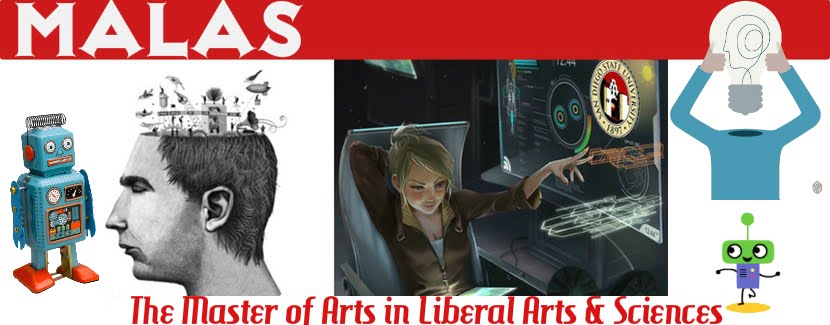Satan and Satanism
Professor Rebecca Moore, Religious Studies
4pm-6:40pm, Mondays
This course goes beyond the fiendish man in the red suit to examine a number of historical, philosophical, religious, and moral issues. These include the nature of evil, the personification of evil, and the projection of evil described by Jung as the “shadow side” of the human personality. It tracks the historical development of the character called Satan and various movements of his followers. It considers how the Other is demonized by association with the devil. It concludes by studying contemporary uses and appropriations of Satan in popular culture.
 Rebecca Moore has a Ph.D. in Religious Studies from Marquette University (1996), where her specialty was Jewish and Christian dialogue. She has written and published on medieval Christian theologians and their debt to Jewish biblical commentary. In the past five years she has turned her attention to the study of New Religious Movements, where she has concentrated on explicating a group called Peoples Temple and the events at Jonestown, Guyana in November 1978. This effort can be seen on the website http://jonestown.sdsu.edu. Recently she has returned to questions of inter-religious dialogue. She co-authored the book A Portable God: The Origin of Judaism and Christianity, with SDSU colleague Risa Levitt Kohn. The book examines how first-century Judaic groups interpreted Israelite religion in a new historical context. Home Page: http://kali.sdsu.edu Rebecca Moore has a Ph.D. in Religious Studies from Marquette University (1996), where her specialty was Jewish and Christian dialogue. She has written and published on medieval Christian theologians and their debt to Jewish biblical commentary. In the past five years she has turned her attention to the study of New Religious Movements, where she has concentrated on explicating a group called Peoples Temple and the events at Jonestown, Guyana in November 1978. This effort can be seen on the website http://jonestown.sdsu.edu. Recently she has returned to questions of inter-religious dialogue. She co-authored the book A Portable God: The Origin of Judaism and Christianity, with SDSU colleague Risa Levitt Kohn. The book examines how first-century Judaic groups interpreted Israelite religion in a new historical context. Home Page: http://kali.sdsu.edu |







